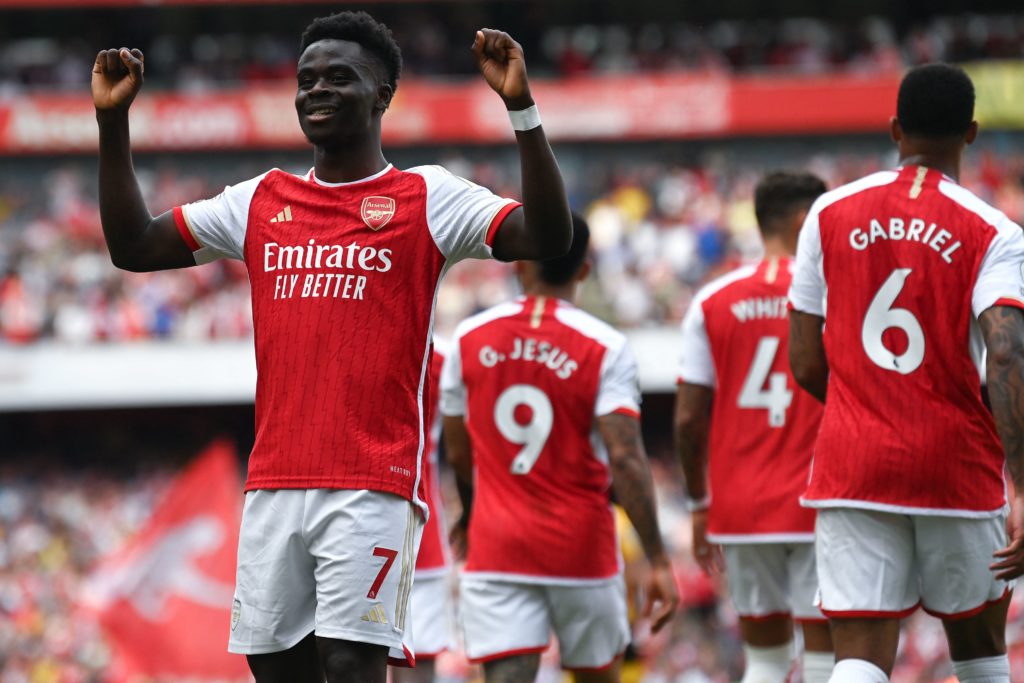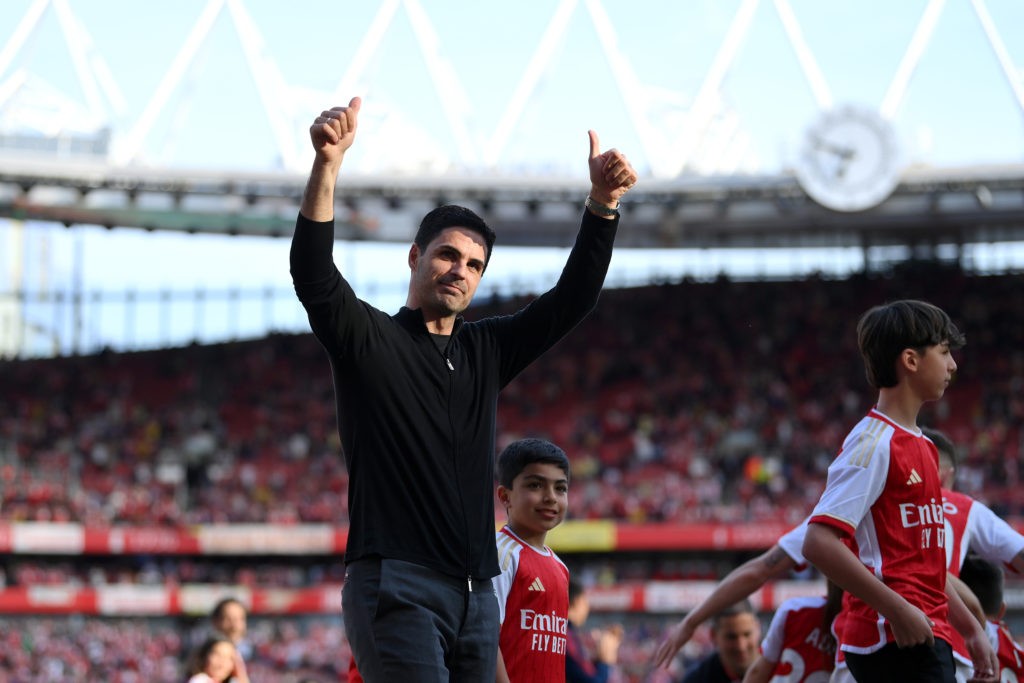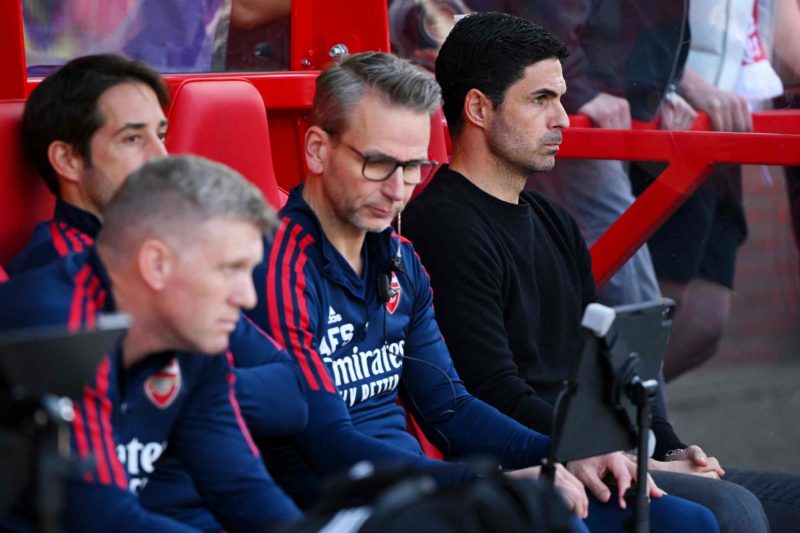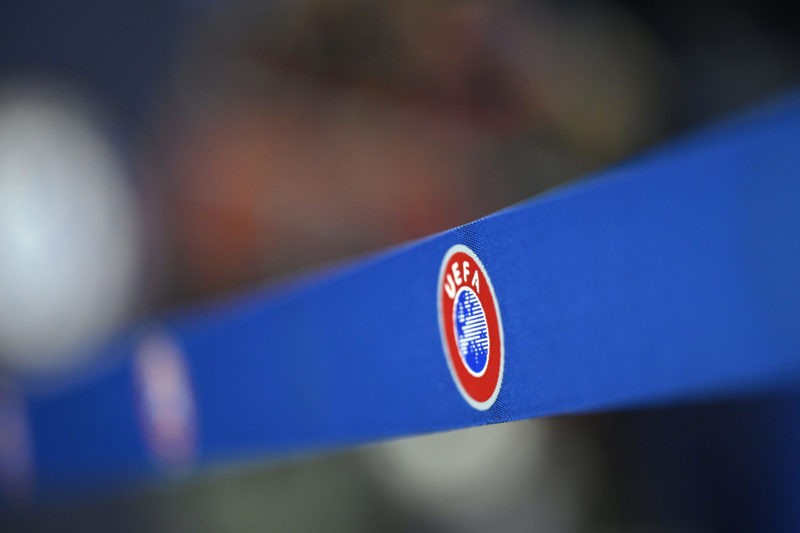What’s changing in the Champions League?
The 2023/24 season will be the last for the Champions League’s current format, involving a four-team group stage and knockout rounds.
After that, UEFA have a major overhaul planned.
For a start, the number of teams will increase from 32 to 36, giving four extra spots.
Two of those spots will go to lower-ranked leagues that don’t currently have a qualification spot, but the other two spots will go to the nations whose clubs performed the best in European club competitions in the previous campaign.

So if English clubs perform well in Europe in 2023/24, the Premier League will get one extra Champions League spot in 2024/25.
The top five will qualify, rather than the top four.
Coming off the back of a season where West Ham won the Europa Conference League and Manchester City won the Champions League, it currently seems likely the Premier League could receive one of the two extra spots (not both!) on a regular basis.

League in, group out
Onto the actual football, the current group-stage system will be replaced by a league phase, with each team playing eight games.
Every team will play four home matches and four away matches against eight different opponents, with all 36 sides then ranked in a table based on their points totals.
The top eight teams will progress directly to the Round-of-16 stage, the teams ranked ninth to 24th will qualify for a play-off, whilst the teams from 25th to 36th will be eliminated.

The draw system for the knockout rounds hasn’t been entirely determined yet, but it seems likely the system will involve keeping the best teams apart for as long as possible, so the top two can’t face each other until the final, etc.
The idea is to keep the league phase competitive until the very final game, as every point could be the difference between elimination, progression, a bye to the next round, and an easier draw.
From then on, the Champions League will be similar to the current system. Two-legged ties, with the aggregate winner progressing to the next round.
For the record, the Europa League and the Europa Conference League are adopting the same system, though the Conference League will only play six games in the league phase.
What might this mean for Arsenal?

The Gunners will have to try and qualify for the Champions League through the Premier League as usual, but whether they need a top-four or top-five finish will depend on the performance of the English teams in Europe that year.
Assuming the English teams do well, and Arsenal finish in the top five, they’ll qualify for the Champions League.
Mikel Arteta’s side will then play eight matches against eight different teams, four at home, four away, during the ‘league phase’ of the competition.

If they finish first to eighth, they’ll progress to the Round-of-16 stage. If they finish ninth to 24th, they’ll play a play-off. Any lower than that, they’ll be eliminated.
If Arsenal finished 10th, for example, they’d play a two-legged play-off against another side in that ninth-to-24th bracket.
The winner would then progress to the Round of 16, playing another two-legged tie against one of the top eight, followed by the quarter-finals, semi-final, and final as usual.

